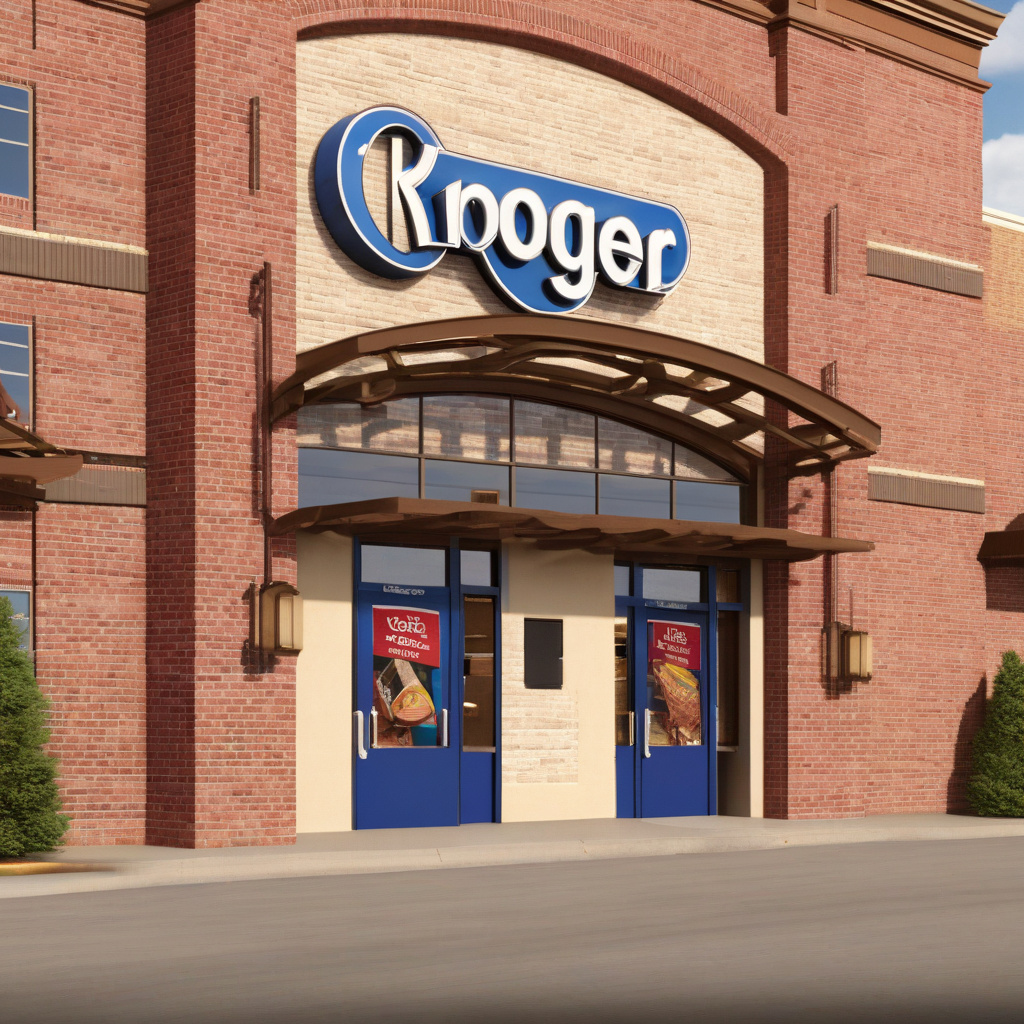Kroger Shutters Ship Service After Failing To Compete With Amazon, Walmart
In a significant shift within the grocery retail landscape, Kroger has announced the discontinuation of its Ship service. This decision comes on the heels of fierce competition from e-commerce giants like Amazon and Walmart, which have dominated the online grocery space. As consumer preferences shift toward convenience and speed, Kroger’s struggle to keep pace highlights the challenges traditional retailers face in adapting to the digital age.
Kroger initially launched Ship as a means to expand its delivery capabilities, aiming to provide customers with a quick and seamless shopping experience. The service allowed consumers to order groceries online and have them delivered to their doorsteps, catering to the growing demand for convenience in an increasingly busy world. However, despite these efforts, Kroger found it difficult to compete with the established logistics networks and pricing strategies of its larger rivals.
Amazon, with its Prime membership offering, has set a high standard for grocery delivery. The company’s extensive reach and infrastructure, combined with its ability to offer competitive pricing and rapid delivery times, have made it a formidable opponent in the grocery space. Similarly, Walmart has leveraged its vast network of physical stores, integrating online and offline shopping experiences to create a more cohesive service. With these two titans dominating the market, Kroger faced an uphill battle to attract and retain customers through its Ship service.
The closure of Ship reflects broader industry trends where traditional retailers are reevaluating their digital strategies. According to a report by eMarketer, online grocery sales are projected to reach $100 billion by 2024, prompting retailers to refine their approaches to meet evolving consumer expectations. However, as Kroger’s experience shows, simply launching a delivery service is not enough to ensure success. Companies must continuously innovate and adapt to maintain relevance in a rapidly changing marketplace.
Kroger’s decision to shutter Ship also points to the importance of cost management in the grocery delivery model. The overhead costs associated with running a delivery service can be significant, especially for companies that lack the scale of larger competitors. This reality can lead to unsustainable business models that struggle to turn a profit. In contrast, Walmart and Amazon benefit from economies of scale, allowing them to offer lower prices and better service without compromising their bottom lines.
Another factor contributing to the decision to discontinue Ship is the growing importance of customer loyalty programs. Kroger has invested heavily in its loyalty program, which has proven effective in driving repeat business. However, the integration of delivery services into loyalty programs has become increasingly important for attracting consumers. As competitors enhance their offerings, Kroger’s inability to effectively tie its Ship service into its loyalty initiatives may have further hindered its success.
Despite this setback, Kroger remains committed to its overall digital strategy. The company continues to invest in its e-commerce platform and has seen growth in its other delivery services, such as Instacart and curbside pickup. By focusing on these areas, Kroger aims to enhance its customer experience while remaining competitive in an ever-changing retail environment.
The closure of Ship serves as a cautionary tale for other retailers looking to break into the online grocery delivery market. It emphasizes the necessity for businesses to not only understand their market but also to invest in logistics and technology that can support their growth. As the grocery industry evolves, companies must be willing to pivot and adapt to ensure they meet consumer demands effectively.
In conclusion, Kroger’s decision to end its Ship service highlights the complexities of competing in the online grocery sector. With industry giants such as Amazon and Walmart setting the pace, traditional retailers must continuously innovate and refine their strategies to stay relevant. As consumers increasingly turn to online shopping for their grocery needs, the ability to adapt quickly will be paramount for success in this competitive landscape.
Kroger’s experience serves as a reminder that the road to digital transformation is fraught with challenges, but with the right strategy and commitment, it is possible to carve out a niche in the market.
retail, grocery, e-commerce, Kroger, delivery services
